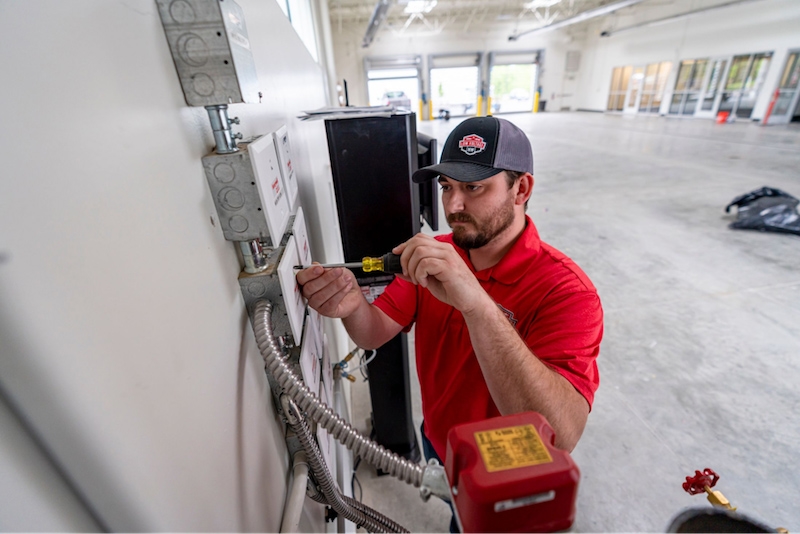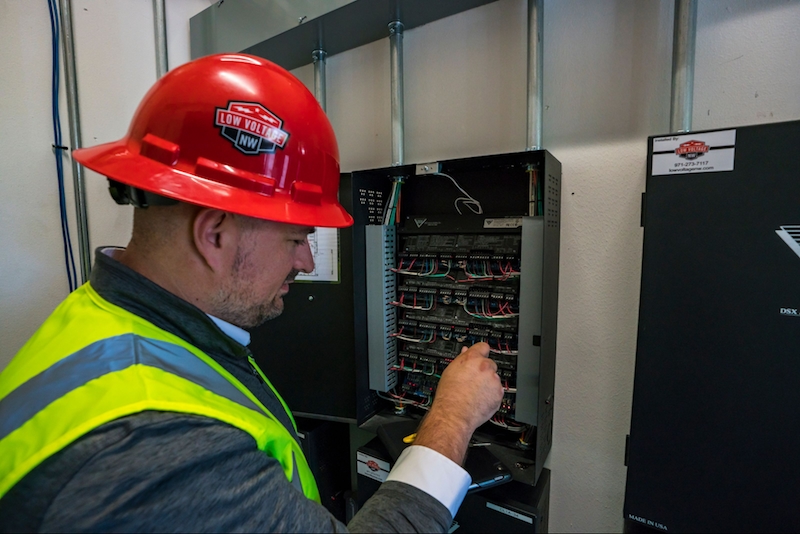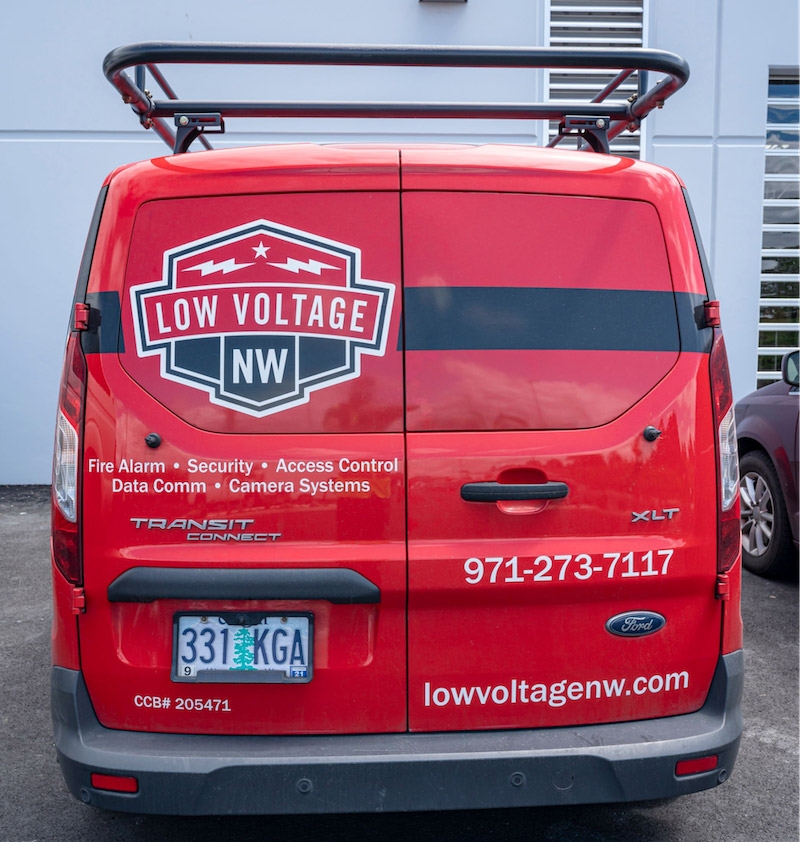Commercial real estate investing and property management is a lucrative pursuit. But it can also be a tricky business. That’s because property management requires you to take on many different roles, sometimes simultaneously. From marketing and setting rent prices to maintenance and bookkeeping, there’s a lot of potential for error.
Each year, preventable property management mistakes cost investors thousands of dollars. A good understanding of basic economics and accounting, how to cultivate good relationships with tenants, and the ins and outs of building maintenance and operations can save you money and help you build a strong long-term business strategy.
Keep reading to discover common commercial property management mistakes to avoid.
1. Not screening tenants sufficiently
When it comes to maintaining long-term, reliable income as well as protecting the longevity and integrity of the property itself, choosing responsible tenants is vital. Before coming to an agreement with a potential renter, be sure to verify relevant information such as their rental history, income, credit score, and criminal history.
While doing your research and gathering relevant information on paper is important, it’s only one aspect of the screening process. It’s also a good idea to conduct thorough interviews, ask for references, and look into professional and personal social media. Assessing other aspects of your potential tenant’s business operations, motivations, communication style, and overall reliability will allow you to make an informed decision and ensure that you won’t risk working with a problematic or irresponsible renter.
2. Poor record keeping
As a commercial property manager, maintaining records effectively is one of the most important aspects of running a smooth and profitable operation. Always save documentation related to lease agreements, screening reports, written communication with tenants, income and expenses, business issues and complaints, and taxes.
3. Communicating poorly

Timely, effective, and consistent communication benefits you and your tenants. Getting to know the business owners who occupy your commercial building space(s) helps ensure you’ll get notified of any maintenance issues or financial concerns right away. It also benefits your broader business goals, since you’ll get first-hand information about their rental experience, preferences, and needs.
Always follow best practices in business communication, especially when an issue arises.
Keep in mind that there’s a fine line between being available and accommodating and being pushy. Generally, you’re legally required to notify tenants any time you’re going to be on the property for repairs, inspections, or any other reason. It’s also a good idea to check in every few months to make sure you keep a line of communication open. Small gestures like move-in checklists and Christmas cards can also go a long way.
4. Not optimizing rent prices
Optimizing rent prices for your property is one of the most effective ways of attracting compatible tenants and getting the most out of your enterprise. The optimal rent price for your property will depend on a number of factors, including:
- Location
- Current trends
- Consumer demographics
- Surrounding competition
- Inflation/the overall economy
- Lease type
While the concept of rent optimization could be viewed as a relatively straightforward example of supply and demand, the sheer number and complexity of these social and economic factors make the process more difficult. Generally, the best method for optimizing commercial rent prices is to find comparable buildings in your area and determine where your property falls in terms of location, upkeep, and features.
5. Not automating processes
Automating rent payments, maintenance reminders, tenant communications, bookkeeping and accounting, and reporting can save substantial amounts of money and time. It can also help minimize the risk of human error. Fortunately, there are a variety of property management software applications that are designed to help investors, property managers, and landlords keep track of things like rent and maintenance schedules, which can make your job simpler and easier.
6. Not investing in low voltage installation

It’s not always easy to choose where to make investments in your commercial property. There are a variety of ways to invest that can save you money and improve your tenants’ renting experiences.
Few commercial property investments are more lucrative and intelligent than low voltage systems. Not only do these systems help bring your building(s) into the modern era, but they also improve safety and ensure they’re within code, protecting you from damage to your property and the risk of running into compliance issues.
Here are a few low voltage systems that offer you the possible best return-on-investment:
7. Insufficient or ineffective marketing
Simply putting your property up for rent is almost never enough to get the best deal. Developing a coherent and effective marketing strategy is key to expanding your renter options and increasing visibility for your (and your tennant’s) business.
Developing a property management website and starting an active blog is a great way to increase your visibility and opportunities, especially when you take steps to create engaging content and prioritize SEO (search engine optimization). It’s also a good idea to be active on social media and develop relationships with other local businesses. By curating an appealing presence and trusted reputation, you’ll significantly increase the value of your property and the quality of your applicants.
8. Skipping inspections
As a property manager, you’ll need to ensure that the building is being taken care of and keep track of the property’s overall performance. Make sure that all important commercial property inspections and evaluations are completed regularly and competently so that you can maintain an effective, reliable operation. This way, you won’t have to contend with unforeseen costs or negligence claims.
Low Voltage NW: The Willamette Valley’s Most Trusted Low Voltage Partner

Over our years of experience working with commercial property owners in the Pacific Northwest, Low Voltage NW has established a reputation for providing the highest quality low voltage systems on the market that add value and improve safety and security. Real estate investors, property management firms, and landlords alike can benefit from our low voltage installations.
Our expert team is here to answer your questions and help you decide what low voltage systems are right for your commercial property. Contact us today to get started!





